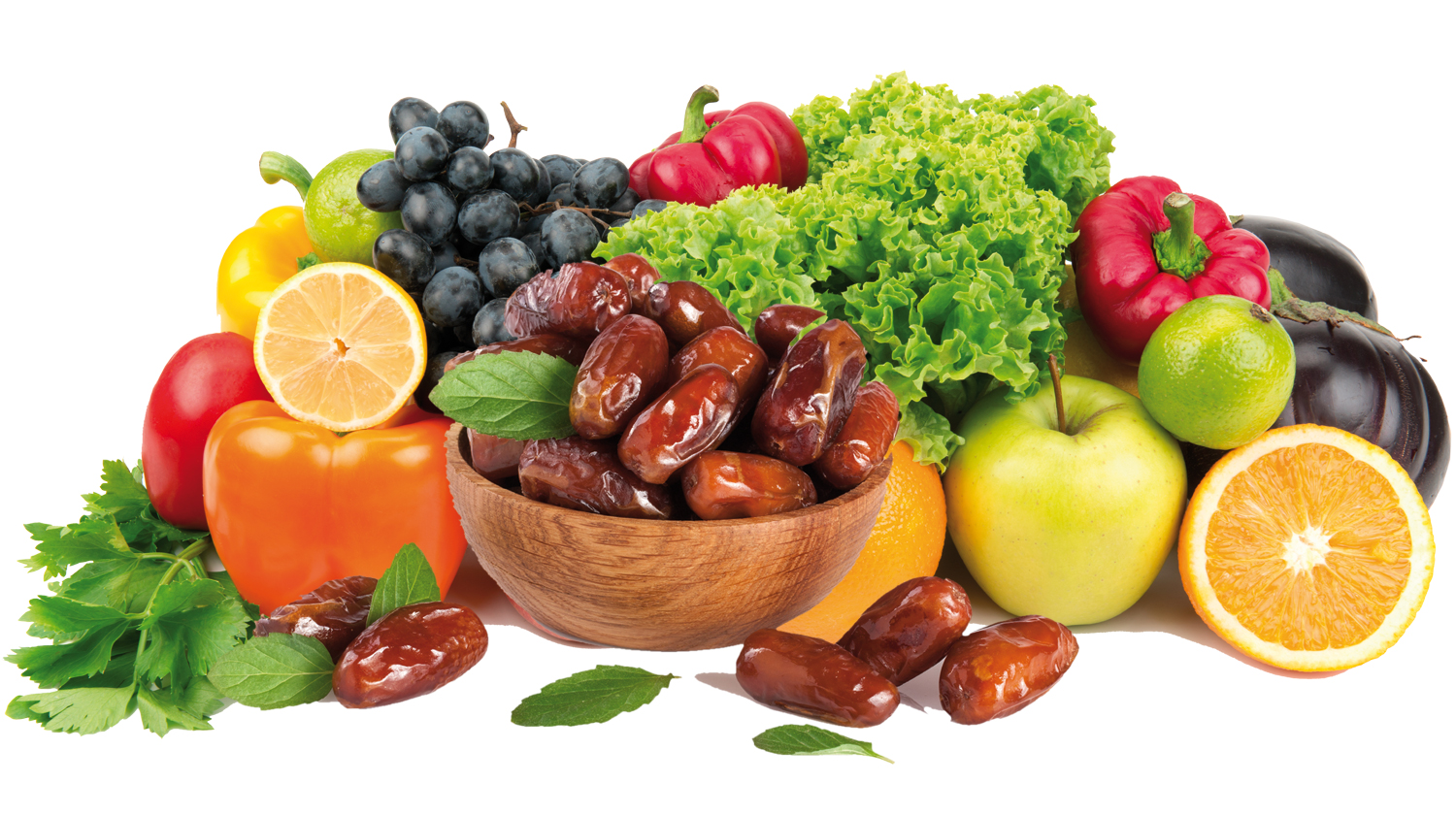

SALALAH, MAY 12 - Health experts said that people who are on medication should take extra caution while fasting during the holy month of Ramadhan. According to them, there are several medicines that need to be taken only after food. If taken on empty stomach, they can be counterproductive, they warn. “All those who are on medication and are fasting need to consult their doctors regarding intake of their routine medicines. This applies more to people who are diabetic. Any negligence may complicate the illness due to subsequent imbalance in their sugar level or other body parameters,” said a general practitioner at an eminent healthcare centre in Salalah.
Dr Pankaj Jain, Internist at a leading hospital, advised people who are fasting to keep hydrated and avoid direct exposure to sun. He said that a number of cases of renal stones were reported in the hospital.
“One of the reasons for renal stones is dehydration. Thus drinking adequate water is very important in that context,” he said.
Among other health precautions Dr Pankaj suggested was not having heavy food soon after breaking fasting. He also advised not to have oily and fried stuff during Iftar.
“They should start with fruits along with water. After that they should have frequent meals in small quantity consisting of adequate fibre. The diet should be balanced,” he added.
Dr Pankaj also advised the diabetic patients to visit a doctor to adjust medicine.
“Many people think that diabetes is related to food and there is no need to take medicines if they are not having food. Fast cannot cure diabetes and in case of any discomfort, sweating or any other abnormal symptom, they should immediately consult a doctor,” he cautioned.
He admitted that many people were coming to hospital with pain in abdomen, nausea and vomiting. These cases increase during Ramadhan due to imbalanced food, hygiene and not having adequate water post fasting.
Dr Sanjay Gupta, Senior Consultant Nephrology and Head of the Unit at Sultan Qaboos Hospital Salalah (SQH), advised kidney patients to keep hydrated.
Keeping the body without water for a long duration is not good for kidneys. For this they should avoid direct exposure to sun and take ample water after fasting, he said
“I strongly recommend them to stick to dietary advice and adjust timing of medicines so as to not to miss medicine,” he added.
Dr Yousuf E Youstous, urology and infertility expert at a reputed medical centre in Salalah, cautioned those who are fasting and asked them to remain hydrated.
“Fasting period is nearly 14 hours. Everyday water requirement for a healthy person is 2-3 litres. I suggest people to compensate that requirement during non-fasting hours between evening and morning,” he advised.
Ideally they should drink half a litre water when they break fasting and split rest of the requirement in small doses. They should ensure that they are having normal intake every day. It is advisable to have some water every two hours during non-fasting hours, he suggested.
Oman Observer is now on the WhatsApp channel. Click here



